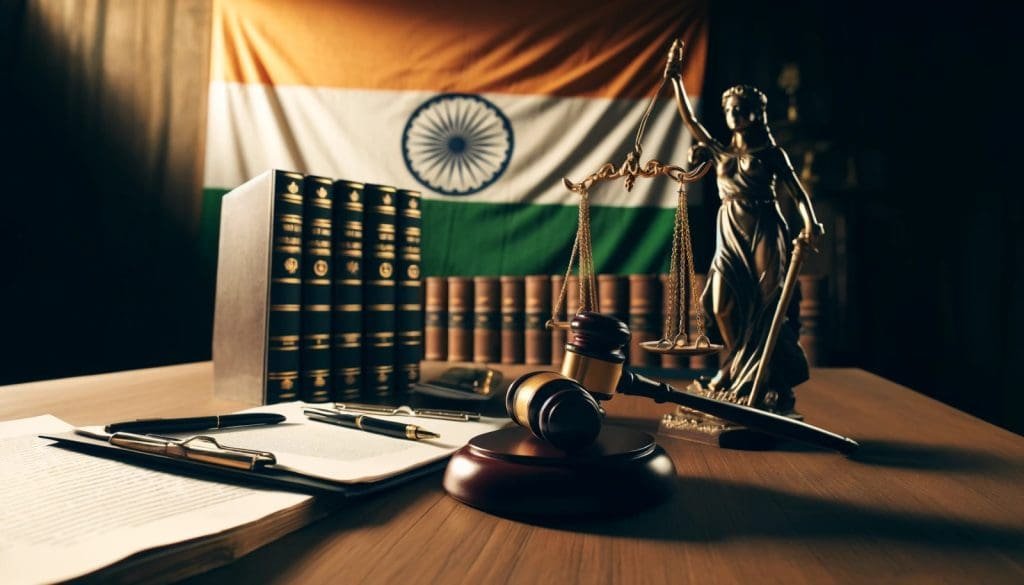
In a recent and pivotal hearing, the Supreme Court of India addressed a plea filed by the Association for Democratic Reforms (ADR) and Common Cause, urging the Election Commission of India (ECI) to publicly disclose the Form 17C records of votes polled. Form 17C is crucial as it documents the number of votes recorded at each polling station.
Background
The ADR’s application, filed during the ongoing 2024 Lok Sabha elections, seeks the immediate upload of scanned copies of Form 17C on the ECI’s official website within 48 hours post-polling. This move aims to enhance transparency and allay public suspicions regarding the integrity of the electoral process. The plea highlights the discrepancies between the initial voter turnout figures and the final data released, pointing to an unexplained increase of about 5-6% in the voter turnout percentages【54†source】【55†source】【57†source】.
Court Proceedings
During the special hearing, the Supreme Court’s bench, led by Chief Justice DY Chandrachud, questioned the ECI on the feasibility and rationale behind the delayed publication of voter turnout data. The ECI’s counsel, Amit Sharma, argued that the delay was necessary to verify the data thoroughly and ensure accuracy, thus preventing any potential misinformation that could arise from premature releases.
Advocate Prashant Bhushan, representing ADR, countered that the delay and lack of transparency could undermine public trust in the electoral process, especially given the significant revisions in voter turnout data reported by the ECI. The Court acknowledged these concerns and granted the ECI one week to file a detailed response, scheduling the next hearing for May 24【54†source】【56†source】.
Legal and Public Implications
The demand for the timely and transparent disclosure of Form 17C data underscores a broader call for electoral accountability. If the Supreme Court mandates the immediate publication of these records, it could set a significant precedent for future elections, enhancing public confidence in the electoral system. The case also brings to light the critical balance between ensuring data accuracy and maintaining electoral transparency.
Conclusion
As the Supreme Court deliberates on this matter, the focus remains on achieving a transparent and fair electoral process. The outcome of this case could have far-reaching implications for how electoral data is managed and disclosed in India, potentially fostering greater trust in the democratic process.